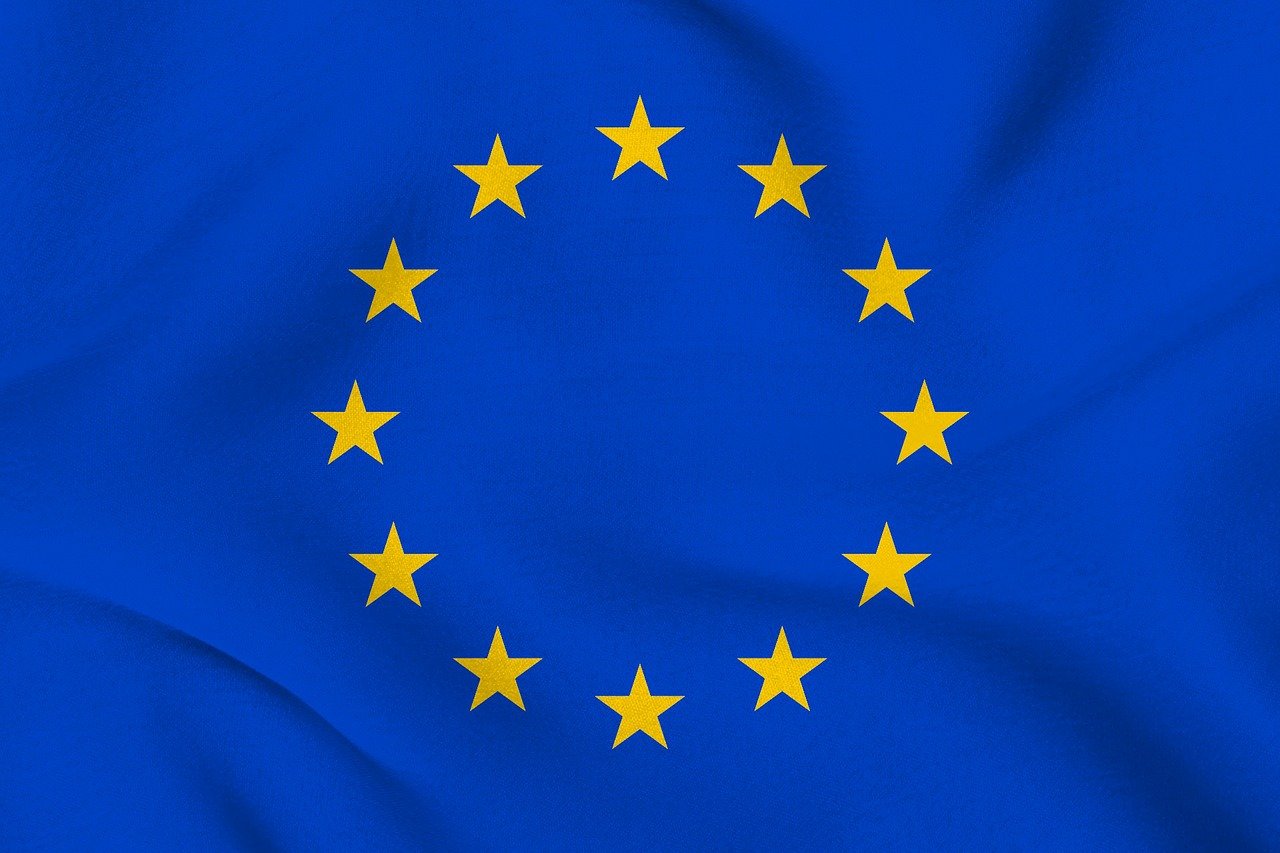EU Eyes DeFi Rules Without Defining What It Is
07.06.2025 18:00 2 min. read Alexander Stefanov
As the European Union prepares for its next phase of crypto oversight, regulators are turning their attention to decentralized finance (DeFi)—without a clear definition of what decentralization actually means.
MiCA, the EU’s landmark crypto regulation, came into full effect in December 2024, aiming to bring structure to digital assets through investor protection, stablecoin guidelines, and fraud prevention. But as implementation rolls out, legal experts say the framework leaves DeFi in a grey zone.
Vyara Savova, senior policy lead at the European Crypto Initiative (EUCI), noted during a discussion that DeFi remains largely undefined by EU policymakers. Although MiCA doesn’t explicitly cover decentralized protocols, its language and licensing requirements have created confusion for projects that don’t operate like traditional financial entities.
Under MiCA, even fully autonomous DeFi platforms may be expected to follow the same Know Your Customer (KYC) rules as centralized institutions—a mismatch that has sparked criticism. While Recital 22 in the regulation hints that fully decentralized services could fall outside its scope, the lack of precise legal language has left the door wide open to interpretation.
Despite earlier speculation, the EU has no plans to draft a full “MiCA II” update. According to EUCI co-founder Marina Markezic, future changes will likely come in the form of targeted amendments rather than an entirely new law. Discussions are already underway around stablecoins and privacy tools, which could be addressed in upcoming revisions.
Meanwhile, additional anti-money laundering measures—aimed at limiting anonymous crypto usage—are expected in 2027, adding further complexity for DeFi developers navigating the European market.
Until decentralization is clearly defined in legal terms, EU policy will likely continue to operate in uncertainty, even as regulators gear up to confront DeFi’s growing influence.
-
1
Crypto Advocates Back Sen. Cynthia Lummis’ Push to Reform Digital Asset Tax Rules
01.07.2025 10:00 2 min. read -
2
EU Grants MiCA Licenses to 53 Crypto Firms: Here Is the Full List
07.07.2025 19:00 2 min. read -
3
Germany’s Largest Banking Group Sparkassen to Offer Crypto Trading by 2026
01.07.2025 8:00 2 min. read -
4
U.S. Supreme Court Backs IRS Access to Crypto Exchange Data
01.07.2025 17:00 2 min. read -
5
SEC Chairman With Important Comments on Regulation, Crypto, and Trading
03.07.2025 8:30 2 min. read
Trump Set to Sign GENIUS Act, Ushering in Landmark U.S. Stablecoin Regulation
The United States is poised to introduce its most sweeping cryptocurrency legislation to date, as President Donald Trump prepares to sign the GENIUS Act—a groundbreaking bill aimed at regulating the rapidly expanding stablecoin market.
Donald Trump to Unlock $9 trillion in Retirement Savings for Crypto and Gold Investments
President Donald Trump is preparing to sign a sweeping executive order this week that could radically reshape the way Americans invest for retirement.
U.S. House Passes Sweeping Clarity and GENIUS Acts
The U.S. House of Representatives has passed a trio of groundbreaking cryptocurrency bills aimed at establishing comprehensive federal oversight of digital assets, including stablecoins and broader crypto market infrastructure.
House Clears Path for Landmark Crypto Bills: Vote Set for Thursday
The U.S. House of Representatives has advanced three major cryptocurrency bills after passing a critical procedural vote late Wednesday night.
-
1
Crypto Advocates Back Sen. Cynthia Lummis’ Push to Reform Digital Asset Tax Rules
01.07.2025 10:00 2 min. read -
2
EU Grants MiCA Licenses to 53 Crypto Firms: Here Is the Full List
07.07.2025 19:00 2 min. read -
3
Germany’s Largest Banking Group Sparkassen to Offer Crypto Trading by 2026
01.07.2025 8:00 2 min. read -
4
U.S. Supreme Court Backs IRS Access to Crypto Exchange Data
01.07.2025 17:00 2 min. read -
5
SEC Chairman With Important Comments on Regulation, Crypto, and Trading
03.07.2025 8:30 2 min. read


